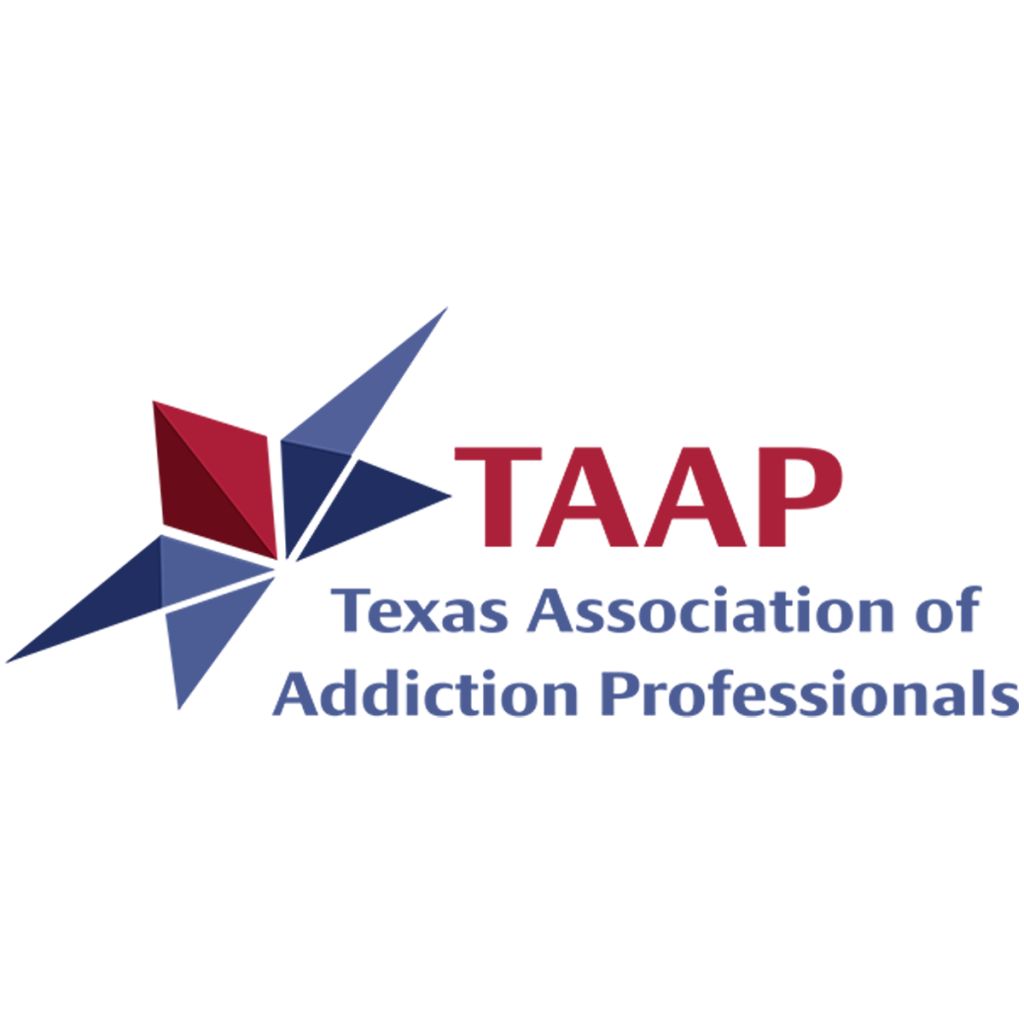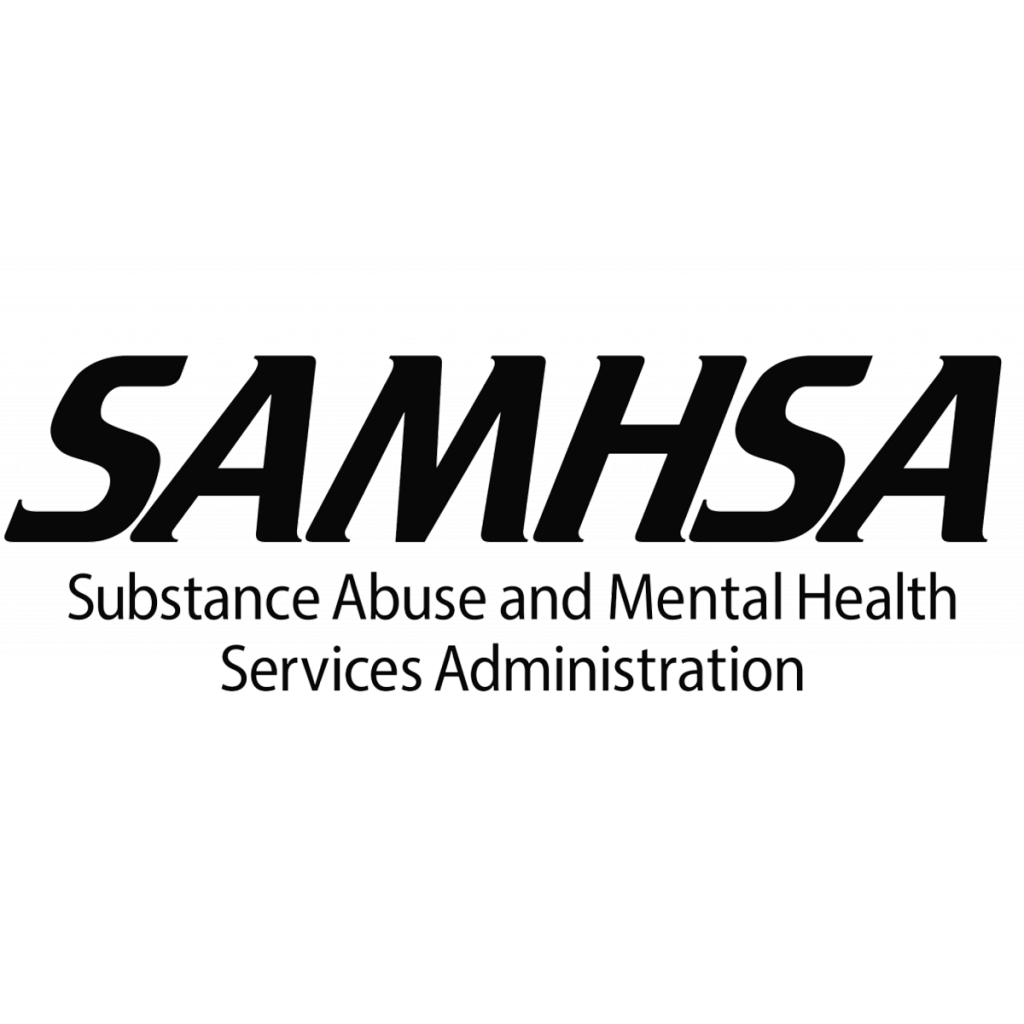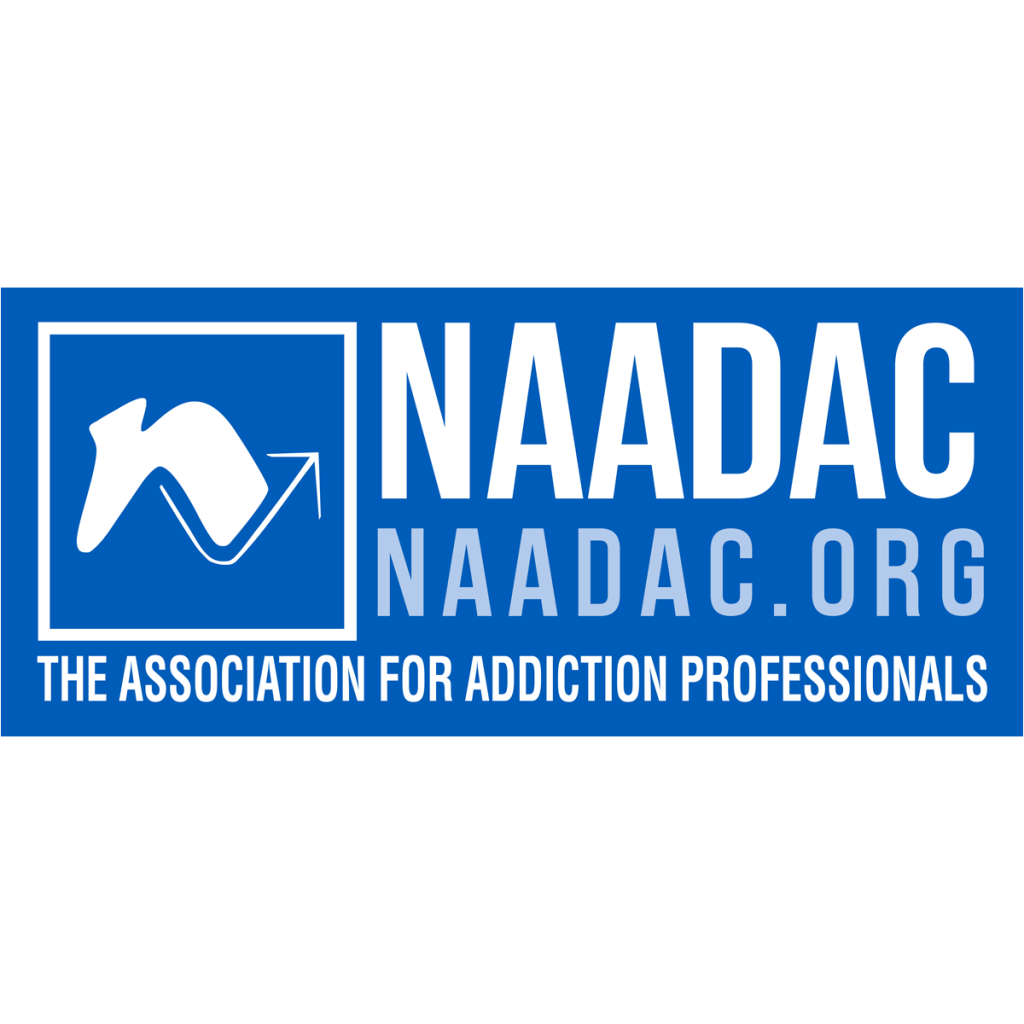Cocaine

Cocaine Addiction: Side Effects, Detox, Withdrawal, and Treatment

Table of contents
What Is Cocaine?
Cocaine is a stimulant drug that floods the brain with dopamine and increases alertness, attention, and energy. The immediate physical effects of cocaine last about 15 to 30 minutes, but people who abuse this drug usually do so in binges, taking several increasingly higher doses of the drug within a short period of time to maintain their high.
On the streets, cocaine is sold as a fine white powder that dealers often dilute with other substances, such as flour, baking soda, or cornstarch to increase their profits. It may also be mixed with other drugs like amphetamine or heroin.

To use cocaine, people snort the powder, rub it into their gums, or dissolve it with water before injecting it directly into their bloodstream. Cocaine may also come in the form of a rock crystal, which some people heat and then inhale the fumes. This form of cocaine is called “crack cocaine.”
Is Cocaine Addictive?
Cocaine is an extremely addictive substance that is made from the leaves of the South American coca plant. Health care providers may sometimes use it for medical purposes, but recreational use is illegal in the United States. Cocaine is classified as a Schedule II drug, which means it has a high potential for abuse and addiction.
Crack vs. Cocaine: What’s the Difference?
Although both crack and cocaine come from the leaves of the coca plant, the two forms of the drug are slightly different. Crack cocaine (also referred to as just “crack”) is a solid, smokable form of cocaine that is made by processing cocaine with baking soda and water. Its namesake comes from the fact that it makes a cracking sound when it is smoked.
Of the two forms of the drug, crack is said to be the most addictive. Instead of a white powder, it looks like off-white, jagged rocks, which when smoked, create a short but intense euphoric high that lasts anywhere from 5 to 10 minutes. The strong effects of crack are felt immediately and are comparable to injecting the drug. When the high wears off, users feel extremely depressed and low, which often leads to crack cocaine binges that can last for hours or even days.
The widespread use of crack first began in the mid-1980s and primarily took place in impoverished areas of major cities including New York, Washington DC, Los Angeles, Miami, Philadelphia, and Baltimore. Recreational use of crack cocaine quickly gained momentum with the widely publicized “crack epidemic” of the 1980s and 90s, and today, crack is widely available everywhere in the U.S.
Although crack and cocaine are the same drug, the legal penalties for possessing and selling crack are much more severe than that of cocaine.
Street Names and Slang for Cocaine
The following are slang terms for cocaine:
- Coke
- C
- Snow
- Powder
- Blow
- Rock
- Crack
How Common Is Cocaine Abuse?
Despite the serious health concerns associated with cocaine use and abuse, many individuals in the United States still abuse this addictive substance. According to the Substance Abuse and Mental Health Services Administration (SAMHSA), 5.1 million Americans used cocaine in 2016.
No amount of cocaine use is ever safe, as it is an extremely addictive and harmful drug. Some people may begin using cocaine because they find that it helps them perform physical and mental tasks more quickly. Unfortunately, because the user experiences the pleasurable effects of cocaine use almost immediately, it has a very high risk for abuse. The duration and intensity of the effects will vary based on how the cocaine was ingested.
It is not uncommon for users to abuse cocaine and alcohol simultaneously, which makes the liver produce a chemical called cocaethylene. Cocaethylene makes a cocaine high last longer and feel more intense, but it is also associated with a much higher risk of sudden death.
Overcoming cocaine addiction is possible.
Medical detox and rehab can provide tools and resources to get sober.
Start your recovery today by calling (888) 571-2033.
What Are the Side Effects of Cocaine Addiction?
People who abuse cocaine may suffer serious side-effects and health problems as a result. Even a single dose of cocaine can be extremely dangerous and could potentially lead to addiction.
Immediate short-term effects of cocaine abuse include:
- Burst of energy
- Increased happiness
- Increased mental alertness
- Paranoia
- Irritability/anger
- Increased sensitivity to sound, sight, and touch
- Decreased appetite
- Nausea
- Dilated pupils
- Increased body temperature and blood pressure
- Muscle twitches
- Restlessness
- Increased heartbeat
- Constricted blood vessels

Long-term effects of cocaine abuse include:
- Severe paranoia
- Hallucinations
- Malnutrition
- Seizures
- Heart disease
- Heart attack
- Stroke
- Lung damage
- Moodiness
- Bowel decay
- Loss of smell
- Nosebleeds
- Increased risk of HIV or hepatitis
Large doses of cocaine can also lead to extremely bizarre and violent behavior.
Psychological problems associated with cocaine abuse and addiction may include:
- ADHD
- Psychotic behavior
- Depression
- Anxiety
- Paranoia
- Suicidal thoughts
Cocaine abuse and addiction can cause (or contribute to) social problems as well, including:
- Job loss
- Violent crime
- Homelessness
- Financial insecurity
- Legal problems
What Is Cocaine Nose?
Cocaine nose (also sometimes called coke nose) is a condition and certain physical deformities that are caused by chronic cocaine use and addiction. If a person is regularly snorting cocaine through their nose, it can cause the blood vessels in the lining of the nose to constrict. Prolonged constriction of these blood vessels can kill the tissue, ultimately leading to painful sores in the nasal lining and septum. This can lead to many medical problems, including holes in the septum, infection, scarring, and even a full collapse of the nose.
Although injuries sustained from chronic cocaine abuse are painful, with treatment or surgery, they can heal over time. However, repeated cocaine abuse can lead to life-threatening infections in the nose or brain cavity. People who snort cocaine may also have other nose issues, such as:
- Loss of sense of smell
- Chronic bad breath
- Difficulty breathing through the nose
- Frequent infections
What Are The Major Risk Factors For Cocaine Addiction?
Anyone may become addicted to cocaine, but certain factors increase a person’s risk of developing a drug addiction. These risk factors include:
- Age – Being exposed to drugs or using them for the first time at a young age increases a person’s risk of developing a drug addiction later in life.
- Social environment – Individuals who have close family members and friends who abuse drugs are more likely to do the same. Additionally, aggressive behavior, easy access to addictive substances, poverty, abuse, and a lack of parental supervision are all high-risk environmental factors.
- Biology – Research shows that certain genetic factors may influence a person’s likelihood of becoming addicted. Those with parents or other close relatives who suffer from addiction are more likely to develop addictive behaviors as well.
- Mental health issues – Substance abuse and mental illness often go hand-in-hand, putting those with anxiety, depression, PTSD, and other mental disorders at an increased risk of developing a substance abuse disorder.
Just because a person has one or more of these risk factors does not mean that he or she will develop a drug addiction. Regardless, having several of the above factors does significantly increase a person’s risk.
[sc name=”phoneinsurancecta”]
What Are Common Signs and Symptoms of Cocaine Addiction?
It is not necessary to get an official cocaine addiction diagnosis, as the effects of cocaine addiction will be visible in a person’s life. On the same note, some cocaine addiction side effects will be more obvious than others.
If an individual is addicted to cocaine, he or she may display some or all of the following signs:
- Neglecting important obligations in favor of using cocaine.
- Needing more frequent and higher doses of cocaine to get high.
- Having strong cravings or urges to use cocaine.
- Continually using cocaine despite the damaging effects it causes.
- Experiencing withdrawal symptoms when the effects of the cocaine wear off.
- Getting into dangerous or life-threatening situations while under the influence of cocaine.
- Being unable to control or limit cocaine use.
Cocaine addiction also affects family, taking a serious toll on siblings, children, spouses, friends and other loved ones. It is often referred to as a “family disease” because it not only affects the substance user but also everyone else in the family unit. In family situations involving addiction, spouses, children, parents, and siblings often take on unhealthy roles and develop harmful enabling behaviors that contribute to their loved one’s addictive behaviors.
Can You Beat Cocaine Addiction on Your Own?
Although it’s possible, trying to beat cocaine addiction on your own is not ideal because it is much less likely to be successful than professional treatment. Not only does detoxing from cocaine on your own at home pose physical risks, but it’s also much more difficult without the support and medical assistance of cocaine detox professionals.
With medical detox, rehab, and aftercare programs, people struggling with cocaine addiction can address all aspects of their addiction. The physical, emotional, and psychological/behavioral aspects of cocaine addiction all play a role in the ability to overcome it, so neglecting any one of those can make it difficult to get sober and stay that way.
Instead of trying to overcome cocaine addiction on your own, consider the many different treatment options for cocaine addiction.
Planning a Cocaine Addiction Intervention
If one of your friends or family members is addicted to cocaine but has been resistant to treatment, it may be necessary to plan an intervention. An intervention is a planned group meeting designed to help someone recognize their cocaine addiction and agree to seek help. The ideal end result is to convince the person to enroll in a treatment program immediately.

If you haven’t spoken to your loved one about seeking treatment, approach them in a caring manner and let them know that you are concerned about them and believe they need help. Be careful not to be accusatory and point fingers. Instead, emphasize the harm that the drug use has caused in their life (as well as the lives of others around them) and use specific examples to illustrate your point. In addition, try to use “I feel” statements like, “When you (insert specific action), I feel (insert emotion)” to further explain how their substance abuse has impacted your life personally.
Although a one-on-one conversation may be enough to get some people into treatment, others may be in denial about their addiction. In fact, denial is very common in situations like these. If your loved one refuses to believe that he or she has a problem, Nova Recovery Center can help connect you with a professional interventionist who will assist you in planning a productive intervention for your loved one. We pair clients and interventionists based on individual circumstances and financial abilities.
Cocaine Withdrawal Symptoms and Detox
Cocaine addiction is a chronic and relapsing brain disease and should be addressed as soon as possible. Although there is no quick fix or cure for cocaine addiction, it can be overcome with a thorough and comprehensive treatment program.
Comprehensive treatment for cocaine addiction should always begin with a medically assisted cocaine detox program. Detoxing from cocaine at home is very dangerous, so it is always recommended that individuals complete the detox and cocaine withdrawal process in a medically monitored environment. This ensures that medical assistance is nearby in the event of a life-threatening emergency during cocaine withdrawal.
Medically assisted cocaine detox programs also provide 24/7 monitoring and treatment for uncomfortable physical symptoms associated with cocaine addiction recovery. Cocaine withdrawal symptoms typically include:
- Cocaine cravings
- Anxiety
- Depression
- Nightmares
- Fatigue
- Difficulty concentrating
- Muscle aches
- Chills
- Nerve pain
Struggling with cocaine addiction? We can help.
Call Nova Recovery Center at (888) 571-2033 for more information about our 90-day rehab programs for men and women.
Cocaine Withdrawal Timeline
| 1-3 hours after the last dose: | Withdrawal symptoms may begin very shortly after the last dose and typically include exhaustion, anxiety, and irritability. |
| 1-7 days after the last dose: | Intense cravings are common during cocaine detox and are usually accompanied by insomnia, depression, and mood swings. |
| 2-4 weeks after the last dose: | Strong cravings for cocaine are most likely still present, and irritability is common for weeks after initially starting cocaine detox. Extremely vivid dreams may also occur. |
| 5-10 weeks after the last dose: | Cravings should have dissipated and most other physical symptoms have subsided. Anxiety and depression may continue to persist for days or weeks after cocaine detox is over. |
Treatment Options for Cocaine Addiction
If you or a loved one is addicted to cocaine, there are several different options for cocaine treatment that can help you overcome it. The ideal treatment plan suited to you or your loved one will depend on a number of circumstances, including:
- Their previous cocaine treatment and relapse history
- Their willingness to enroll in a rehabilitation program
- Their motivation for seeking help
- Their financial circumstances
If you need help determining the appropriate level of care for yourself or your loved one, a substance abuse treatment specialist or counselor may be able to help you get started. Based on the circumstances of the addicted individual, he or she may be better served with one or more of the following types of treatment programs for cocaine addiction:
- Medically assisted detox
- Long-term rehab
- Outpatient addiction treatment
- Sober living
- Aftercare
A combination of these cocaine treatment programs can help you or your loved one overcome their addiction and bridge the gaps from detox and residential care to an independent sober lifestyle.
Long-Term Rehab for Cocaine Addiction Treatment
There are many different types of cocaine addiction rehab centers that offer 30 and 60-day treatment programs, but according to the National Institute on Drug Abuse (NIDA), long-term rehab of 90 days or longer produces more positive treatment outcomes.
A long-term cocaine rehab program helps addicted individuals maintain their sobriety by giving them a safe place to remain sober after detox, providing opportunities to learn and practice coping strategies and life skills, and using therapeutic interventions to address the root causes of their addiction.

Inpatient cocaine rehab typically takes place at a comfortable addiction treatment center where clients are given adequate time to adjust to their new sober lifestyle. During this time, treatment typically includes behavioral therapy, 12-step interventions, educational lectures, and other evidence-based treatments. The primary goal of cocaine rehab is to address and modify negative behaviors that have contributed to the client’s addiction and apply relapse prevention strategies to prevent current and future cocaine use.
Clients will work with a wide range of addiction treatment professionals during rehab, including licensed counselors and therapists, recovery specialists, medical doctors, and their peers in recovery. In working with these various individuals, clients also have opportunities to establish a recovery support network whom they can rely on to help them through the challenges of early recovery.
Depending on the rehab center, the cost for long-term inpatient drug rehab will vary. Most cocaine treatment centers will accept some form of insurance to help pay for treatment. Other common payment options include third-party healthcare loans or reduced out-of-pocket payments. Some employers also offer Employee Assistance Programs (EAP) to help cover the cost of addiction treatment services, such as inpatient or outpatient cocaine rehab.
Continued Care Options for Cocaine Addiction Treatment
Sober Living
After completing an inpatient or outpatient cocaine rehab program, a person may continue their treatment plan with a transitional housing program. Also known as sober living programs, these structured homes are safe, clean, community living environments that are designed to ease the transition from drug and alcohol rehab to independent sober living.
These programs require that a person remains sober while living in a gender-specific, group home, and residents are often required to adhere to community policies, program requirements, and regular drug and alcohol testing.
Recovery support services such as personal monitoring, employment, and education assistance, and peer-guided sober living programming can also be combined with outpatient programs and outside AA or NA meetings to increase the person’s likelihood of achieving long-term success in their sobriety.
Structured sober living homes for men and women provide the perfect level of support and accountability for individuals in recovery who need some extra guidance and time before returning to mainstream living.
The cost for transitional housing programs may vary based on the home type, location of the program, and recovery support services offered. Payment is usually collected on a monthly basis and will vary for each client.
Aftercare Programs
Individuals in recovery from cocaine addiction may also choose to enroll in Aftercare once they have completed their sober living program. Aftercare programs are formatted as weekly check-ins and are designed for rehab graduates who would like continued support in their sobriety.
Group meetings are facilitated by licensed counselors and are designed to help clients overcome the ongoing obstacles of early sobriety. Recovery from cocaine addiction is a lifelong process and will require daily effort to maintain continuous sobriety.
Nova Recovery Center offers a large range of substance abuse treatment services: detox, residential, outpatient and sober living.
Treatment Options
Treatment Locations
Call Us Now and Begin Healing at (512) 605-2955
Or text us and we will call you right back.
Not quite ready for a call? You can fill out the form below.
What Makes Us Different
- Gender-specific treatment
- Evidenced-based treatment
- 12-Step immersion
- 90-day residential treatment
- Family program
- Full continuum of care
- Insurance and private pay
100% Confidential Guarantee
Confidential Consultation
Nova Recovery Center is dedicated to helping you or your loved one get help. Please call or fill out this form for a confidential consultation.
One of our understanding, dedicated advisors will contact you about your options. Begin healing today.
Nova Recovery Center is dedicated to helping you or your loved one get help. Please call or fill out this form for a confidential consultation. One of our understanding, dedicated advisors will contact you about your options. Begin healing today.


